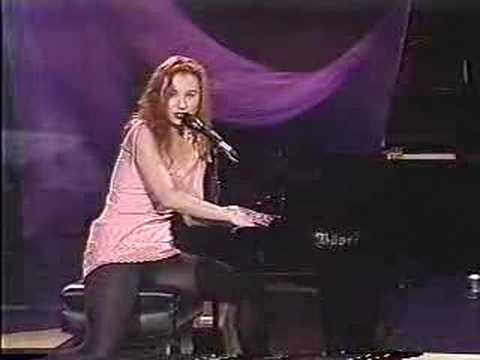Coffee Homeground
Coffee Homeground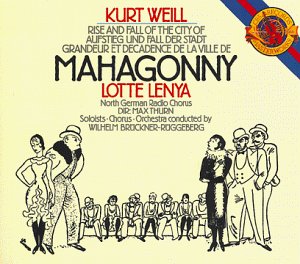
Tour of Life
“Coffee Homeground” comes at the tail end of Lionheart, when the album’s slower and quieter tracks have all trailed off. As the album’s penultimate track, it provides Lionheart with a relatively bombastic and staunchly theatrical climax. For all that Lionheart explores stagefright and theatrics in depth, it’s a much quieter album than that description might suggest. There are few especially up-tempo songs on it, and Bush’s piano guides her backing musicians through her songs. “Coffee Homeground” almost sounds out of place on the same album which has “Oh England My Lionheart” and “In the Warm Room,” with Bush’s camp attempt at a German accent and Kurt Weillian orchestral scoring. It’s by the grace of Lionheart’s strong thread of camp that “Coffee Homeground” is allowed to work, exploding into full blown theatrics at the end of an album which previously treated them as something more to be discussed than outright embraced.
As we’ve discussed at length in this blog, Kate Bush is a consistent purveyor of camp. Her mime training, her focus on character in her songwriting, and a constant awareness of form are camp attributes of her songs thus far. When we get to the Tour of Life, we’ll see just how far she takes that. Bush’s camp instincts to come a head in “Coffee Homeground,” is one of her most unreservedly theatrical songs. It’s hard to overstate just how theatrical this song is. Bush as a singer is always expressionist; in “Homeground” she takes this camp tendency to its logical conclusion by doing a funny accent. Her play at a German accent is willfully funny, one of the silliest things on Lionheart. Bush was often mocked for her gurning and high-pitched vocals (by such comedians as Faith Brown and Pamela Stephenson), and “Homeground” suggests she’s in on the joke to some extent, or least just as capable of having fun with it. On the track she engages in Sprechgesang, a kind of singing in which a singer rapidly moves back and forth between speaking and singing. This a natural move for Bush, who’s done this sort of thing before — moving back and forth between speech and song is a stylistic norm for her. But it’s worth investigating just what brings her to it this time around.
Bush’s use of Sprechgesang, her mimed German accent, and an unusually playful orchestra make up a hat tip to the early 20th century German theater team of playwright Bertolt Brecht, composer Kurt Weill, and singer Lotte Lenya. This collective is one of the most influential in 20th century theater, and we could get a whole book out of talking about any one of them. Let’s start with Brecht, as his writing is useful for discussing Bush’s storytelling in “Homecoming.” Brecht’s great contribution to dramatic theory is “Epic Theater,” which, like glam rock, revels in its status as artifice and production. Jack has written about Epic Theater as applied to Doctor Who before, so for a more thorough take on the subject you should read his post.…

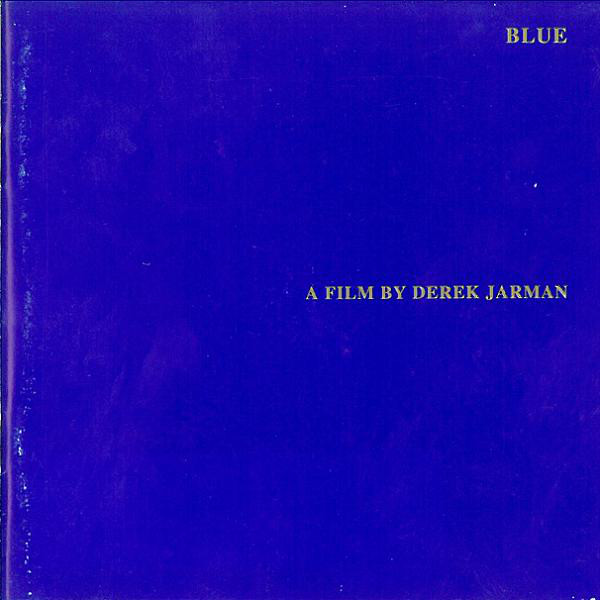


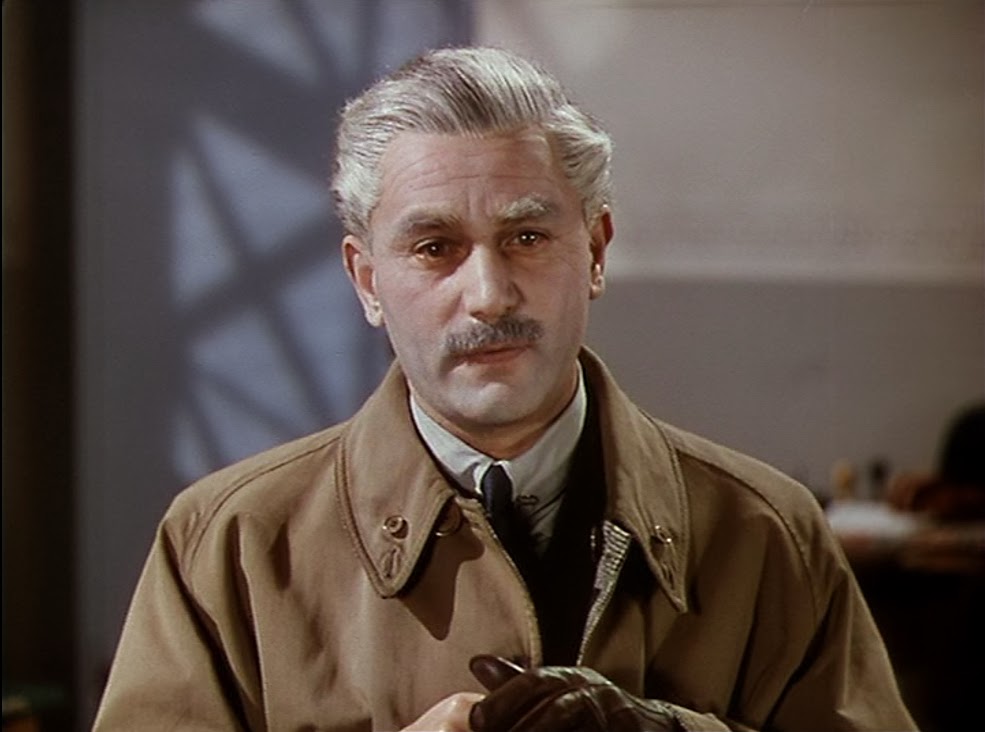

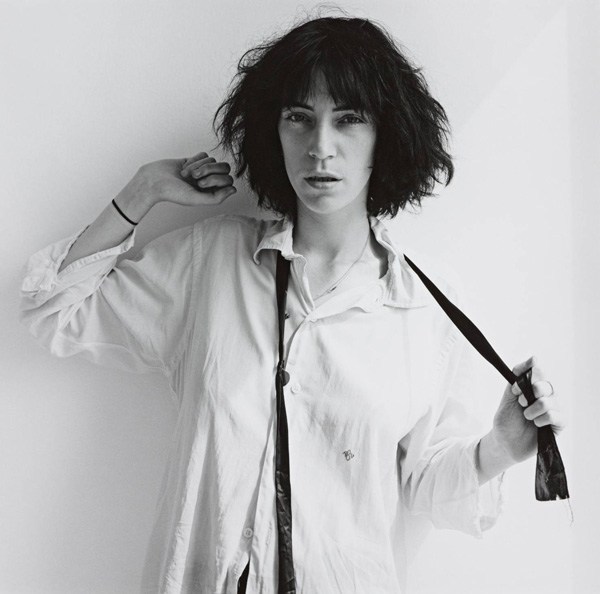
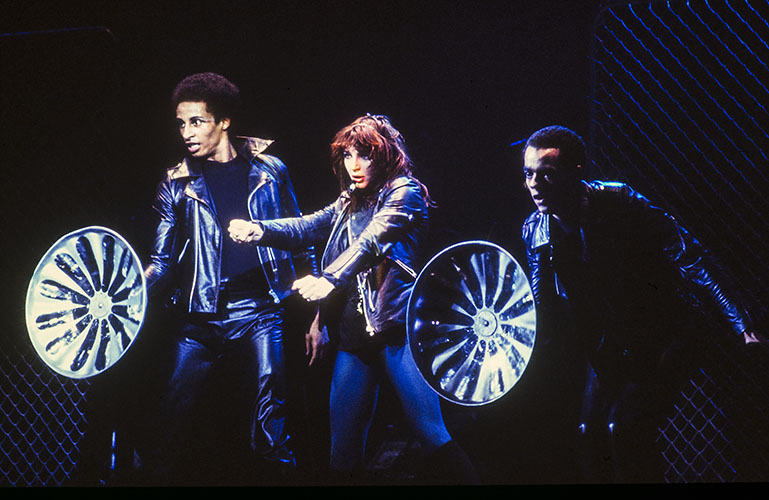 Bush has a mental breakdown on a motorway expressed through a series of car puns: “breaking down,” “stuck in low gear,” “fears of the skidding wheels.” It’s a vague emotional spiral, construed as a barrage of automotive verbiage. A character called Emma has been left high and dry by someone called Georgie, and responds to this loss by losing her shit on the road. Fittingly enough for this premise, “Heartbrake” is a melodically bizarre machine, moving from a tingling piano-led intro to kookiness, eventually landing on a bawdy, brass-accompanied shoutfest of a chorus (“don’t put your BLUES where your SHOES should be!”). Yet “Heartbrake” is so noisy it obscures whatever point it attempts to make. Additionally, it’s too undisciplined for its volume to even work, becoming white noise rather than grabbing attention with spectacle. The thematic dubiousness of Lionheart extends to the album’s quality, and the it suffers as a result.
Bush has a mental breakdown on a motorway expressed through a series of car puns: “breaking down,” “stuck in low gear,” “fears of the skidding wheels.” It’s a vague emotional spiral, construed as a barrage of automotive verbiage. A character called Emma has been left high and dry by someone called Georgie, and responds to this loss by losing her shit on the road. Fittingly enough for this premise, “Heartbrake” is a melodically bizarre machine, moving from a tingling piano-led intro to kookiness, eventually landing on a bawdy, brass-accompanied shoutfest of a chorus (“don’t put your BLUES where your SHOES should be!”). Yet “Heartbrake” is so noisy it obscures whatever point it attempts to make. Additionally, it’s too undisciplined for its volume to even work, becoming white noise rather than grabbing attention with spectacle. The thematic dubiousness of Lionheart extends to the album’s quality, and the it suffers as a result.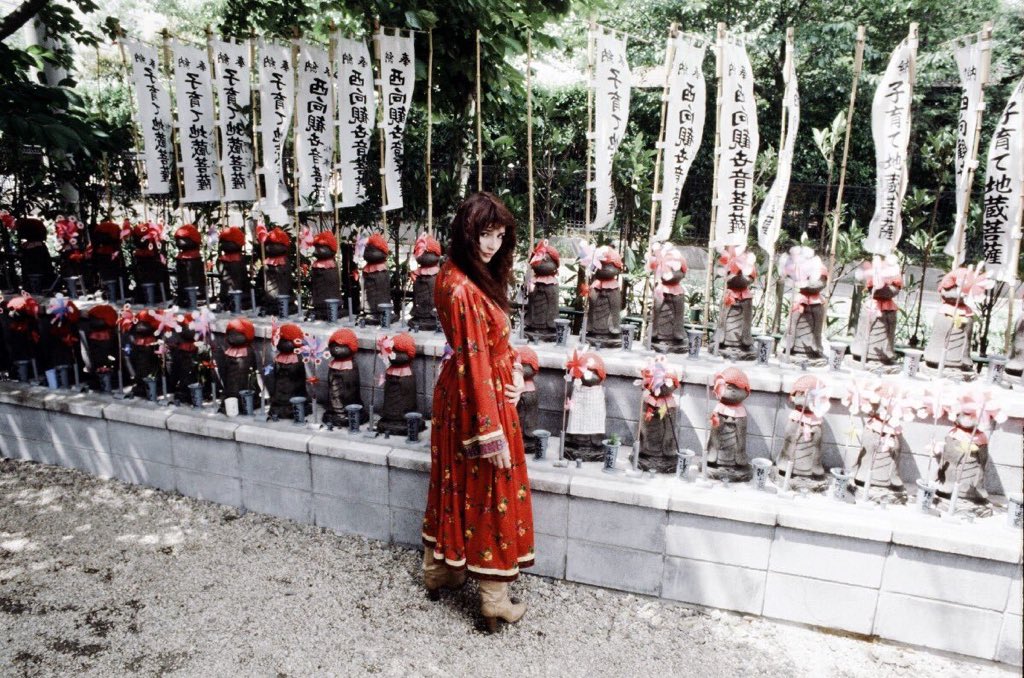 charts and appearing on what seemed like every TV program in the UK, Bush did an extensive amount of traveling, visiting West Germany, the Republic of Ireland, the Netherlands, France, the United States, Canada, and Japan. One could unpack any one of these tips individually, but they mostly consist of Bush performing songs from The Kick Inside. As Dreams of Orgonon is a song-by-song blog, we analyze episodes in Kate Bush’s career through the lenses of new songs as they come. Bush’s promotional visit to Japan in June of 1978 not only offers a couple songs we haven’t heard her sing before, even if they are covers, but it gives a chance to see what Kate Bush does when she’s not doing Kate Bush things.
charts and appearing on what seemed like every TV program in the UK, Bush did an extensive amount of traveling, visiting West Germany, the Republic of Ireland, the Netherlands, France, the United States, Canada, and Japan. One could unpack any one of these tips individually, but they mostly consist of Bush performing songs from The Kick Inside. As Dreams of Orgonon is a song-by-song blog, we analyze episodes in Kate Bush’s career through the lenses of new songs as they come. Bush’s promotional visit to Japan in June of 1978 not only offers a couple songs we haven’t heard her sing before, even if they are covers, but it gives a chance to see what Kate Bush does when she’s not doing Kate Bush things.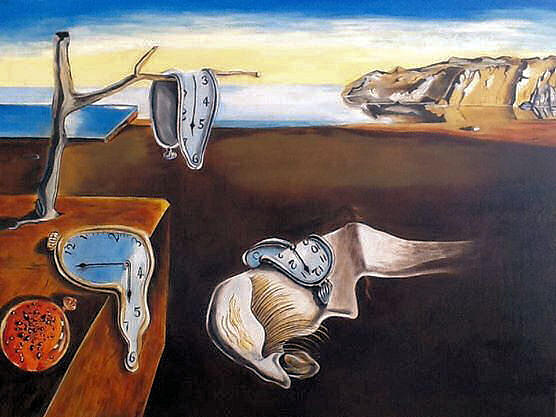
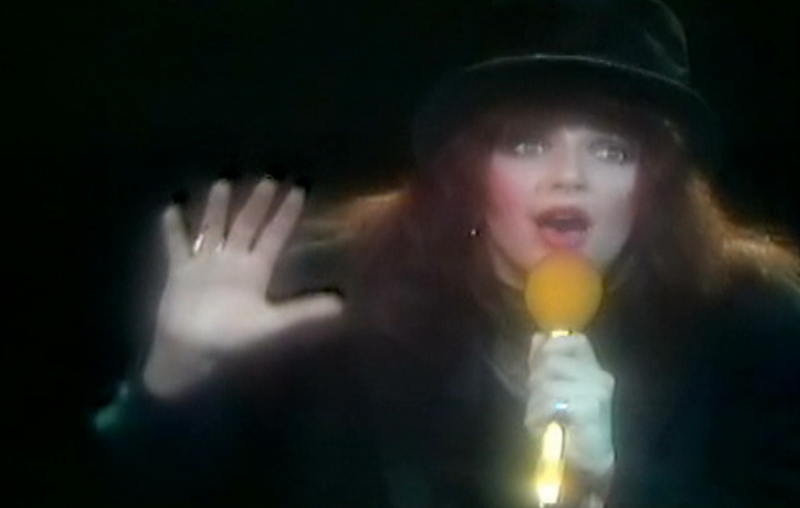 being “about the coincidences that happen to all of us all of the time. We can all recall instances when we have been thinking about a particular person and then have met a friend who — totally unprompted — will begin talking about that person.” She more or less paraphrases this in the song, referring to “a day of coincidence with the radio.” Texts are a source of coincidence as well, such as when “you pick up a paper/you read a name/you go out/it turns up again and again.” There’s a sense Bush is being haunted by text, that the spoken word will accompany her wherever she goes. This is where Bush differs most radically from, say, Burroughs or Foucault, in that this constant presence of language and strangeness is a comfort to her, something to tip her hat to.…
being “about the coincidences that happen to all of us all of the time. We can all recall instances when we have been thinking about a particular person and then have met a friend who — totally unprompted — will begin talking about that person.” She more or less paraphrases this in the song, referring to “a day of coincidence with the radio.” Texts are a source of coincidence as well, such as when “you pick up a paper/you read a name/you go out/it turns up again and again.” There’s a sense Bush is being haunted by text, that the spoken word will accompany her wherever she goes. This is where Bush differs most radically from, say, Burroughs or Foucault, in that this constant presence of language and strangeness is a comfort to her, something to tip her hat to.…